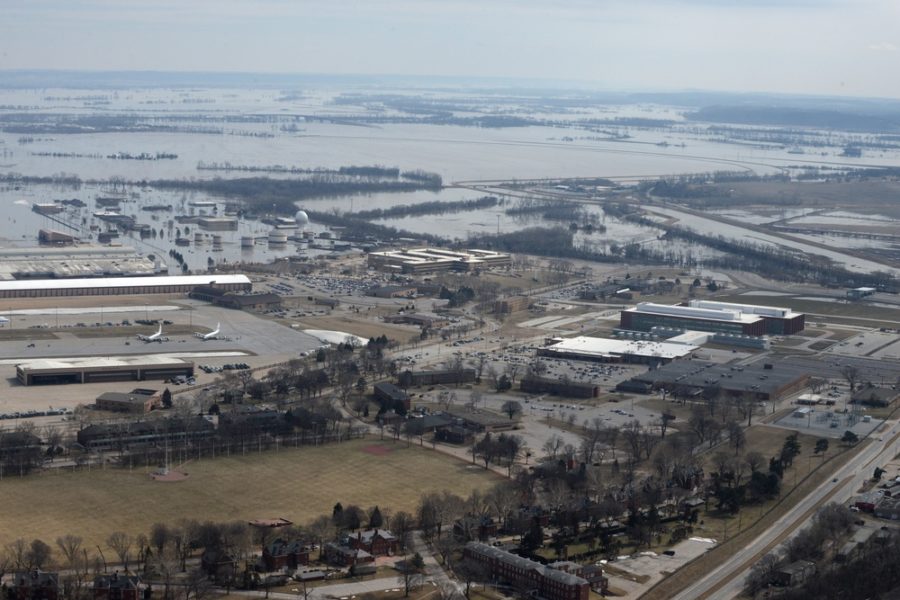Nearly nine months after President Joe Biden signed an executive order directing the Pentagon to incorporate the implications of climate change in its wargaming, analysis, and simulations, the Defense Department has released its Climate Risk Analysis report.
The report, out Oct. 21, “provides a starting point for a shared understanding of the mission risks of climate change—and lays out a path forward,” Defense Secretary Lloyd J. Austin III wrote in its preface.
It also comes two weeks after the DOD released its Climate Adaptation Plan, intended to guide decision-making as the department deals with the effects of climate change.
By contrast, the Climate Risk Analysis is primarily focused on identifying the different ways that a changing climate will likely challenge national security—both Biden and Austin have cited climate change as a major national security issue.
With higher temperatures, changing precipitation patterns, and more frequent, violent weather events, both first- and second-order effects are likely, the report noted.
“For example, the climate hazard of changing precipitation patterns is expected to cause more frequent and intense droughts in certain regions of the world. Primary impacts of drought include reduced water availability. Secondary impacts include reduced agricultural yields, which, in certain situations, could contribute to migration,” the report reads.
On top of those risks, “malign actors” could try to exploit instability caused by climate change for their own gain, the report added. Both internal and external tensions within certain countries could also be increased if there is competition for a scarcity of resources, leading to more security risks.
In the Indo-Pacific region in particular, key U.S. military installations are on islands that could be threatened by rising sea levels, and adversaries such as China could use the impacts to expand their influence.
While the report notes that “specific hazards, impacts, and risks associated with climate change will differ by region,” its sections on specific regions were deemed “Controlled Unclassified Information” and not included in the publicly released version.
The report does include a map showing the specific impacts of climate change and the resulting potential security implications by region. For U.S. Southern, European, and Africa Commands, the two main implications cited are increased requests for humanitarian aid and disaster relief and increased instability within and between countries.
For Central Command, the biggest potential risks will be increased instability and altered or limited environments for military operations. For Indo-Pacific Command, the potential security implications include disaster relief, limited environments for military operations, and increased demand for DOD support of civil authorities. The latter two are listed as implications for Northern Command, along with an added risk of increased need for transportation, communication, and monitoring in harsh environments such as the Arctic.

“To keep the nation secure, we must tackle the existential threat of climate change. The unprecedented scale of wildfires, floods, droughts, typhoons, and other extreme weather events of recent months and years have damaged our installations and bases, constrained force readiness and operations, and contributed to instability around the world,” Austin wrote. “Climate change touches most of what this department does, and this threat will continue to have worsening implications for U.S. national security.”
The Pentagon’s report was one of four addressing climate change released by national security agencies Oct. 21—the Intelligence Community released a national intelligence issue on the topic predicting rising tensions and instability among nations as well—while the Department of Homeland Security released a Strategic Framework for Addressing Climate Change as well as a report on how the issue will affect migration.
